August 12, 2025
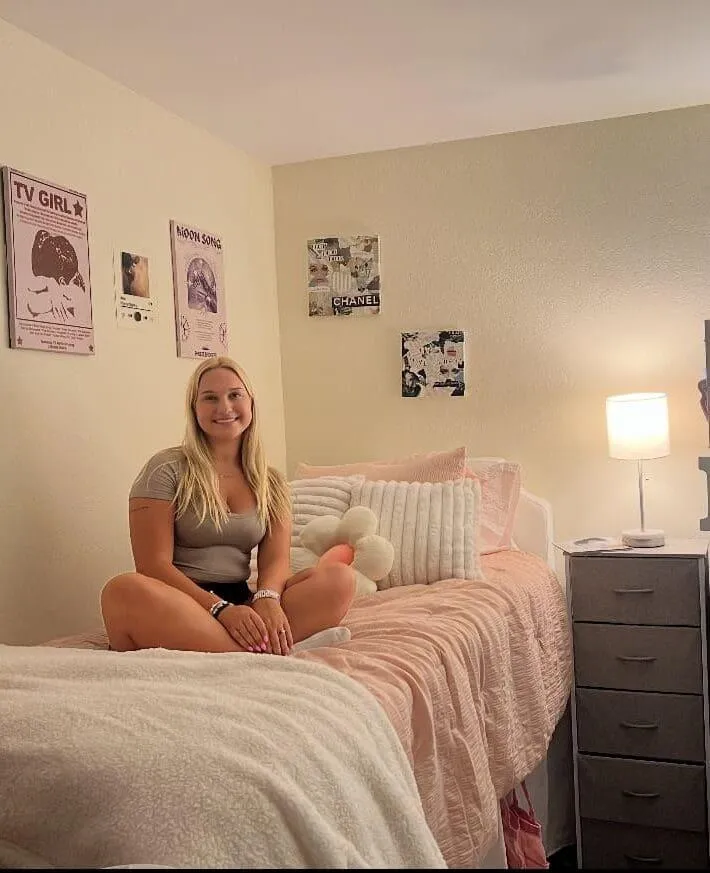
Planes, Trains, and Automobiles
Share Post
Round Trip for One
It is that time again. My daughter and I will begin our travels as a duo. We will cover a distance of over 1,000 miles via planes, trains, and automobiles.
It’s round-trip. Only for me.
My daughter has a one-way ticket. She will stay in Florida, where she is beginning her sophomore year of college.
Over 1,000 miles from our home in New Jersey.
This is far from a tragedy. I’m deeply proud of her and grateful for her independence. But that doesn’t stop the waves of sadness from rolling in.
I’m grieving.
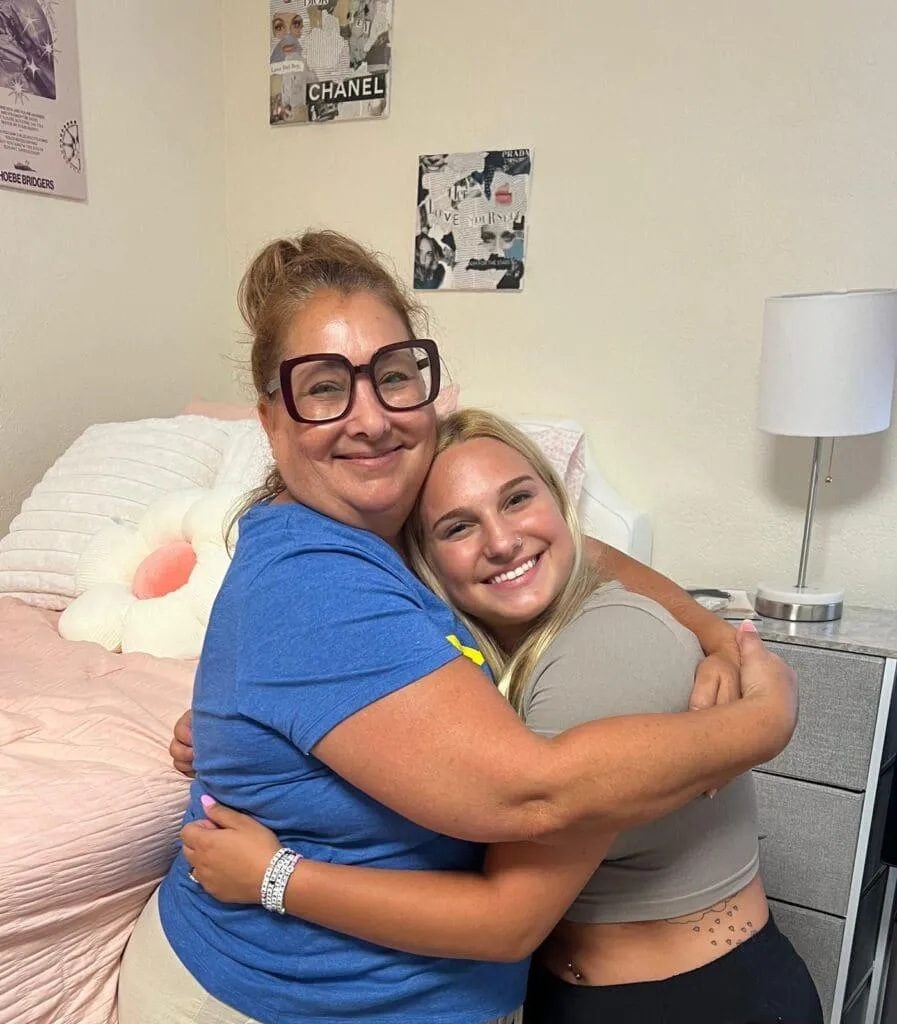
Understanding Disenfranchised Grief
What I’m feeling as summer is ending and she is heading off to college again is an example of what’s called disenfranchised grief – a type of grief that isn’t widely recognized, validated, or supported by society.
When someone dies, there are rituals, sympathy cards, and socially acceptable ways to express loss. But when you’re grieving something “less visible,” people may minimize it, saying things like:
“It’s not a big deal – you’ll see her at Thanksgiving.”
“At least she’s doing well in school.”
“Be grateful for the time you had this summer.”
While those comments may be well-intentioned, they can leave you feeling isolated, as though your feelings don’t “count.” Since disenfranchised grief is often unacknowledged, it is often even harder to process.
Disenfranchised Grief and Life Transitions
Disenfranchised grief isn’t just about the type of loss that people dismiss, it’s also about the way we grieve during changes and transitions.
Life is full of transitions: graduating from school, changing careers, retiring, moving to a new city, becoming a parent, watching children leave home, or entering a new season of life. Even when the change is chosen or positive, it still involves loss, the loss of a role, a routine, a community, or a way of being in the world.
The tricky part is that these transitions often aren’t recognized as grief-worthy. Society tends to celebrate change -“Congratulations on the new job!” “How exciting that your child is off to college!” without acknowledging that your heart may also be aching for what’s ending.
This is where disenfranchised grief shows up. It’s the quiet ache you carry when:
Your friends don’t understand why you’re sad about selling your home.
You miss your old job, even though you’re thrilled about the promotion.
You long for your child’s toddler years while celebrating their new independence.
You feel unmoored after retiring, even if your career was stressful.
This is the place where disenfranchised grief thrives in the gap between what we feel and what others acknowledge.
Grief is really the emotional process of adjusting to change, and change always involves some kind of goodbye. It’s the natural human response to any loss that changes our world, whether big or small, visible or invisible. When we expand our understanding of grief, we give ourselves and others permission to feel, heal, and grow.
By naming and normalizing disenfranchised grief, especially in times of change, we give ourselves permission to honor the loss while still embracing what’s ahead. Maybe, like me, you’ll find that naming your grief opens the door to a deeper appreciation for what you had, and a gentler acceptance of what’s next.
I know that I’ll see her again soon, but that doesn’t stop my heart from feeling the gap she leaves behind by leaving. Saying goodbye is part of life, but so is allowing ourselves to feel the sadness that comes with it. I will miss her. I’ll honor it. I will cry and embarrass her when I leave her in her dorm room. I will also be thankful that she is brave and resilient. Grateful that she is following her dreams and is in a beautiful place surrounded by good friends.
…and I will also be counting down the days until Thanksgiving.
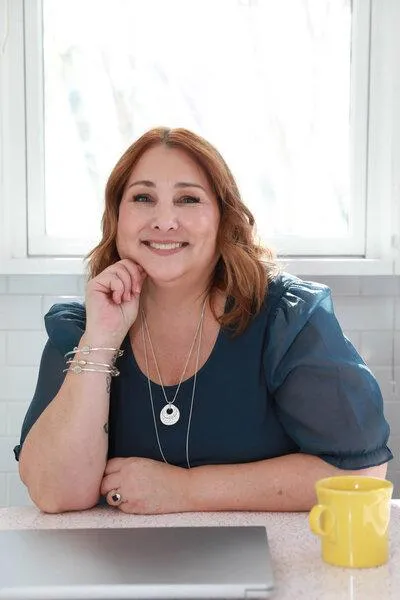

HI THERE, I’M Kimberly Lorah
I'm a compassionate divorce coach based in Asbury Park, NJ, serving clients virtually near and far. I help women navigate divorce with courage, strengthening resilience and empowering them to embrace their next chapter with peace of mind.

LEAVE A REPLY
Your email address will not be published. Required fields are marked *
Must Haves as you navigate your divorce
25 Divorce Essentials
Take a deep breath—you don’t have to figure it all out alone. This free guide reveals the 25 must-know essentials that will save you time, stress, and second-guessing.

Free
download
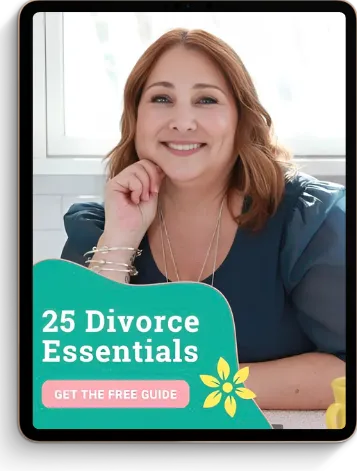
It’s time to overcome the chaos so that you can move forward in your divorce experience with Clarity, Confidence and Courage.
The journey from signing a marriage certificate to finalizing a divorce decree is different for everybody. One thing that seems to unify everyone impacted by divorce is emotional overwhelm. It is my mission to help you manage that overwhelm so you can blossom into your future.


HI THERE, I’M Kimberly Lorah
I'm a compassionate divorce coach based in Asbury Park, NJ, serving clients in person in Monmouth County and virtually near and far. I help people navigate divorce with courage, strengthen resilience and empowerment to embrace their the next chapters with hope and optimism.
find your way around
Head Home • About • 1-1 Coaching • Support Groups • Workshops • Resources • Blossom Blog • Get in Touch • Terms • Privacy • Disclaimer • In Case of Emergency
Follow Along
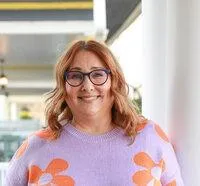




Follow along on Instagram for client stories, expert tips, and inspiration to help you navigate your next chapter with clarity and confidence.


HI THERE, I’M Kimberly Lorah
I'm a compassionate divorce coach based in Asbury Park, NJ, serving clients in person in Monmouth County and virtually near and far. I help people navigate divorce with courage, strengthen resilience and empowerment to embrace their the next chapters with hope and optimism.

find your way around
Head Home • About • 1-1 Coaching • Support Groups • Workshops • Resources • Blossom Blog • Get in Touch • Terms • Privacy • Disclaimer • In Case of Emergency
Follow Along





Follow along on Instagram for client stories, expert tips, and inspiration to help you navigate your next chapter with clarity and confidence.